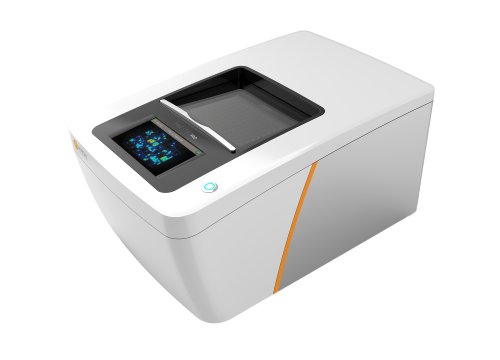Authors: Chun Liu, Mengcheng Shen, Yanxia Liu, Amit Manhas, Shane Rui Zhao, Mao Zhang, Nadjet Belbachir, Lu Ren, Joe Z. Zhang, Arianne Caudal, Masataka Nishiga, Dilip Thomas, Angela Zhang, Huaxiao Yang, Yang Zhou, Mohamed Ameen, Nazish Sayed, June-Wha Rhee, Lei S. Qi, and Joseph C. Wu
Cell Stem Cell, 5 December 2024
Researchers use Axion BioSystems’ hands-free Maestro MEA platform to evaluate the effects of doxorubicin on iPSC-derived cardiomyocytes in vitro and explore potential therapeutic approaches.
Doxorubicin is a commonly used chemotherapy for breast and pediatric cancers, but cardiotoxicity associated with the drug limits its clinical use and efficacy. In this study, scientists present a drug discovery pipeline using iPSC-derived cardiomyocytes, CRISPRi/a screens, and a small molecule screen to identify causal genes and potential therapeutic targets for doxorubicin-induced cardiotoxicity (DIC). To evaluate iPSC-derived cardiomyocytes in response to doxorubicin treatment, as well as rescue via genetic inhibition or indisulam treatment, the scientists used Axion BioSystems noninvasive Maestro multielectrode array (MEA) platform. The team identified carbonic anhydrase 12 (CA12) as a novel candidate gene, and found that both genetic inhibition or antagonism protected cardiomyocytes against DIC. Overall, the authors conclude that the “study provides a roadmap for future drug discovery efforts, potentially leading to more targeted therapies with minimal off-target toxicity.”


